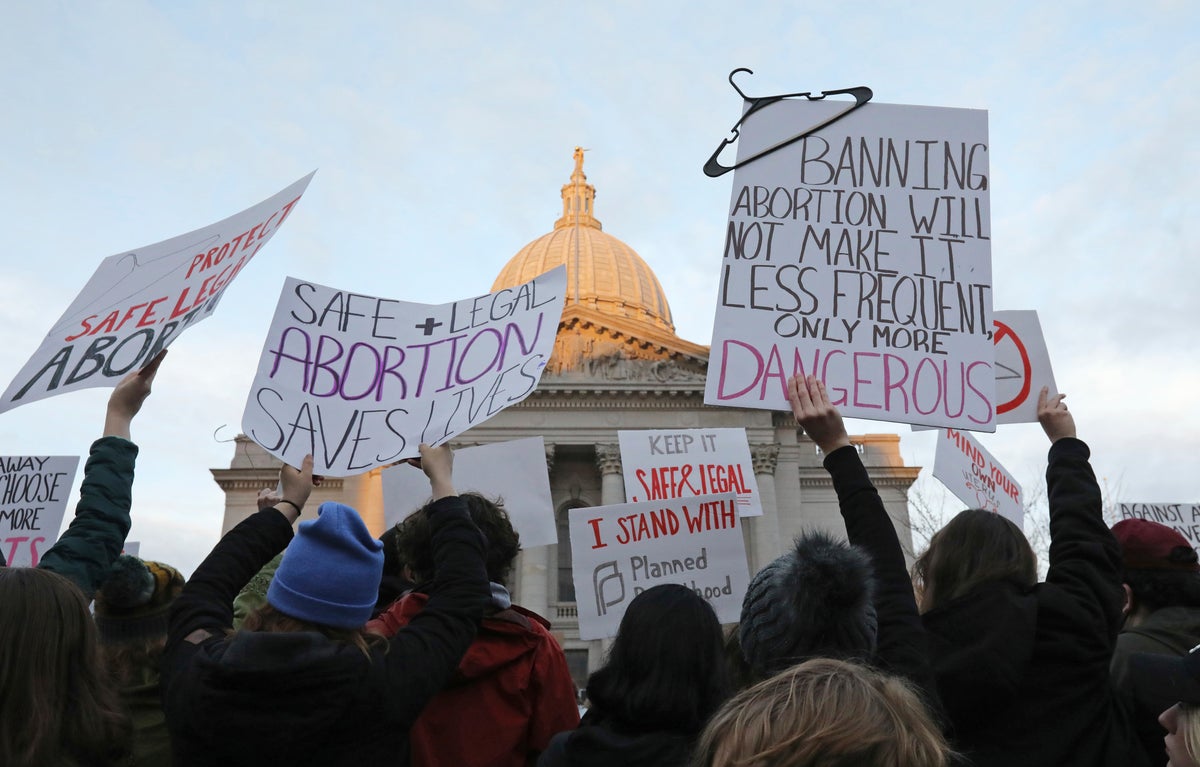
A Wisconsin judge was set to hear arguments Thursday in a lawsuit challenging the state's 174-year-old abortion ban, a statute held in abeyance for nearly five decades until the U.S. Supreme Court struck down Roe v. Wade last year.
State Attorney General Josh Kaul, a Democrat, filed the lawsuit in Dane County circuit court last June seeking to repeal the ban. Kaul argues that the 1849 law is so old it was essentially adopted without the people's consent; or alternately, that narrower restrictions on abortion enacted in Wisconsin in 1985 supersede the older statute. The 1985 legislation permits terminating pregnancies up until a fetus can survive outside the womb, while the older law outlawed abortion except to save the mother’s life.
Kaul initially sued Republican legislators but later dropped them from the case and named three district attorneys as defendants, seeking to prohibit them from enforcing the ban. Thursday’s hearing before Circuit Judge Diane Schlipper was expected to focus on a motion by one of the prosecutors named. Republican Joel Urmanski, Sheboygan County’s district attorney who has vowed to prosecute anyone violating the abortion ban, has asked the court to dismiss the case.
Urmanski argues that Kaul lacks standing to sue because the abortion ban doesn’t hurt him. Urmanski also rebuts Kaul’s argument that the ban is unenforceable because it’s so old. State laws don’t lose their effect through disuse, Urmanski said.
The judge wasn’t expected to immediately rule Thursday, but she could lay down a timeline for her decision.
The case carries so much weight that no matter what happens in Schlipper's courtroom or at the appellate level it will almost certainly end at the state Supreme Court. That plays to Kaul’s advantage because liberal-leaning justices will hold a 4-3 majority on the court after Milwaukee County Circuit Judge Janet Protasiewicz is sworn in this August.
Protasiewicz signaled repeatedly during her campaign that she supports abortion rights, an unprecedented approach in a judicial race. Typically judicial candidates keep their issue-oriented views to themselves to avoid the appearance of bias.
Protasiewicz's win symbolizes a larger problem for local- and state-elected officials brought on by the U.S. Supreme Court’s decision striking down Roe v. Wade: the ruling handed conservatives a victory they’d been working toward for decades, but it also galvanized Democrats and their voters to turn out in force at the polls.







